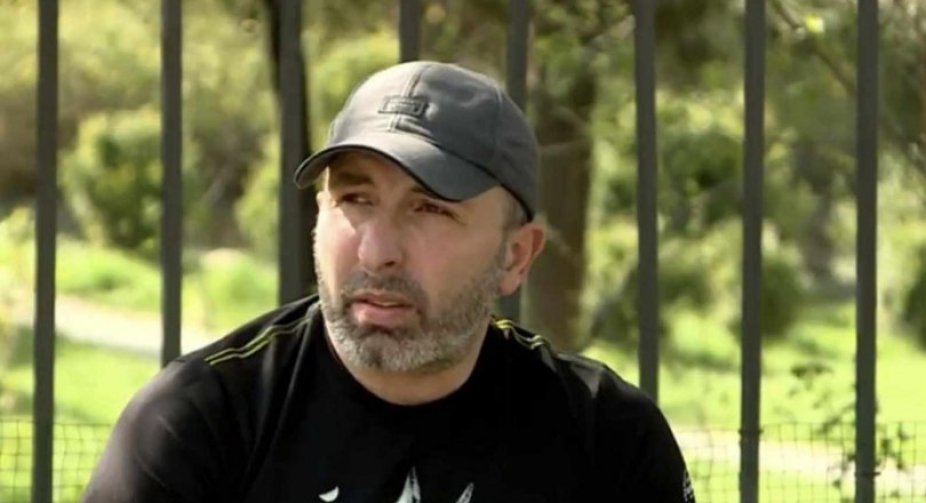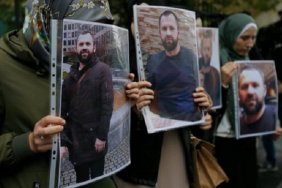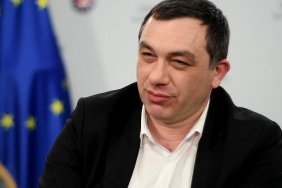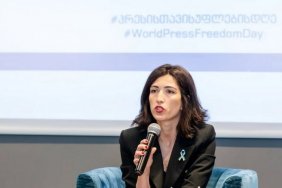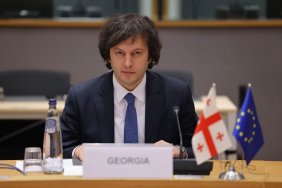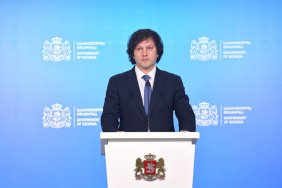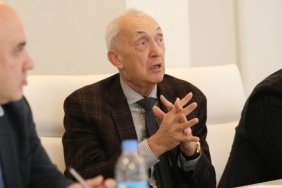Gori District Court judge in central Georgia, Levan Darbaidze, on Thursday ruled the evidence obtained during investigative actions on June 4-5 against businessman and civil activist Soso Babaev, who participated in protests against the controversial foreign influence transparency law, as inadmissible.
On May 6, the court reviewed a petition from the prosecutor's office seeking to legalize the search of Babaev. The judge ruled the searches of Babaev’s person and car, as well as the seizure of his car and clothing, to be illegal. "The information, items, and objects obtained as a result of these investigative actions will be known as inadmissible evidence," the judge stated.
Babaev’s lawyer, Kakha Kalmakhelidze, explained to Radio Liberty that, due to the judge’s decision and the lack of evidence, the prosecutor's office will be unable to file charges at this stage. He added that Babaev was expected to be released once 48 hours have passed since his arrest.
The prosecution plans to appeal the decision to the Tbilisi Court of Appeal, demanding the declaration of the searches' legality. "They may want to press charges, but in my opinion, they will not," Kalmakhelidze commented.
During the session, the judge highlighted several violations during Babaev’s arrest, acknowledging that the businessman was treated inhumanely. He pointed out that neither the presented materials nor the circumstances described in the investigation report could disprove this.
He also emphasized the need for neutral evidence and video recordings to support the legality of the investigative actions, which were not provided.
The judge also expressed concerns about suspicious modifications in the personal search protocol. He remarked that certain phrases appeared to have been added, which were not in the original document, raising further doubts about the legitimacy of the evidence. Babaev recounted his arrest, search, and the discovery of two firearms—a "Makarov" pistol and a "Kalashnikov" machine gun. He alleged physical and verbal abuse and described being stripped and humiliated at the police station.
Babaev believed his arrest and mistreatment were linked to his civic activism and participation in protests against the law. "This is a purely political settlement and it proves that I am on the right side," Babaev said.
His legal team has filed a complaint with the Special Investigation Service against the policemen involved. In court, police officers claimed they acted on operational information that Babaev was armed and intending to resolve an issue, though they could not identify with whom. The prosecutor's office, represented by Mikheil Berishvili, confirmed that the decision would be appealed to the Tbilisi Court of Appeal.
Babaev, a businessman and civil activist, was arrested in Gori on June 4 for alleged illegal acquisition, storage, and carrying of weapons, punishable by up to two years of imprisonment. Babaev's lawyer and relatives believe he is being targeted for his activism against the foreign influence law.
